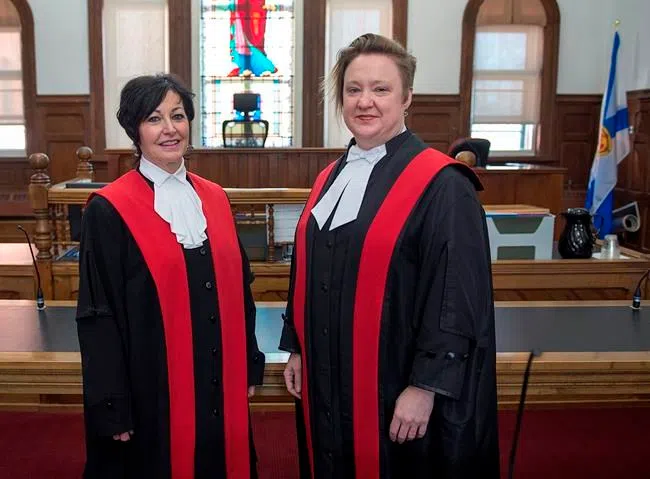
New Halifax court to try ‘therapeutic’ approach to domestic violence cases
HALIFAX — A new domestic violence court is set to open in Nova Scotia next month, moving cases from the traditional slow-moving, adversarial justice system to one that aims to quickly put a stop to the abuse.
The court, presided over by Judge Amy Sakalauskas, will hear its first case on the eve of International Women’s Day next month at Halifax provincial court.
“The criminal court process isn’t always the most appropriate to deal with these very complicated cases involving human interaction, dysfunction and difficulties,” said Pamela Williams, chief judge of the Provincial and Family Courts of Nova Scotia.
The court will take only those who accept responsibility by pleading guilty, and use “more of a problem-solving, therapeutic approach,” she said.